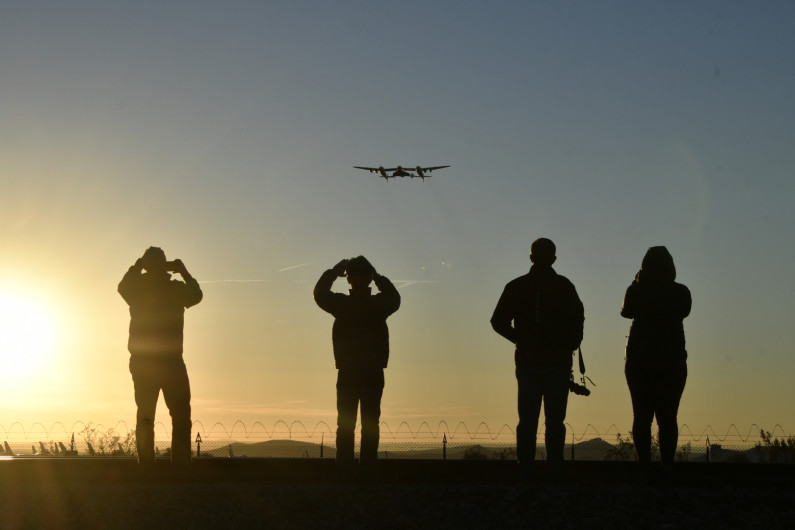Author: DAVID ROSENFELD
Published: Jan 01, 1970

The United States is in the dawn of a new space age and much of it is driven, like the mission that put a man on the moon, by companies in Southern California, according to George Whitesides, the CEO of Virgin Galactic, who spoke at a recent forum on the future of space commercialization.
“We’ve been on an amazing journey to basically revolutionize how humanity interacts with space,” Whitesides said at the Future Forum, hosted by the Los Angeles Economic Development Corporation, at El Segundo’s Cross Campus last week. “We want to democratize space so it moves from a region where it’s really a province of government employees to something that’s open to us all.”
Virgin Galactic has so far attracted more than 600 customers paying in total about $120 million to reserve a seat on a spacecraft the company created for brief recreational trips to space, Whitesides said. The efforts mark the foremost steps toward creating the first class of space tourists, which Whitesides added could have significant implications for travel here on Earth — so that someday hypersonic aircraft could be 10 times faster than an airplane.
He said the key to achieving this was reusable spacecrafts.
“When we do that, we move closer to the goal of someday approaching airline-like operations,” Whitesides said. “It’s a true game changer. The costs will be radically lower and we can expand the sphere of economic opportunity in space that has never been the case before. That revolution is really being driven by California companies, but Southern California and L.A. companies primarily.”
Steve Isakowitz, who heads the Aerospace Corporation in El Segundo and also spoke at LAEDC’s Future Forum on Wednesday, Jan. 22, called Los Angeles the “epicenter of aerospace.”
The South Bay area in particular played a pivotal role in the Apollo program during the 1960s, which culminated with man on the moon. The same holds true today as far as companies in Los Angeles, Isakowitz said.
“L.A. has the talent base and the capabilities,” Isakowitz said, adding today’s era a “golden age of innovation.”
“It’s pretty unique to have all your engineers and your test facilities nearby,” he continued. “This is the most exciting time for what’s happening in space.”
The difference in today’s environment, however, is that the government is not the sole driver of the latest technological advancements. While NASA and the U.S. government are still major players, entrepreneurs such as Richard Branson with Virgin Galactic, Jeff Bezos with Blue Origin and Elon Musk with SpaceX have stepped in to invest their personal fortunes. But beyond wealthy individuals, the current industry has a place for smaller firms too, according to Van Espahbodi, co-founder of Starburst Accelerator, which fosters aerospace startup companies.
“It’s no longer about Elon Musk or Jeff Bezos,” Espahbodi said during a panel discussion last week. “There are thousands of talented incredible individuals with money coming from unexpected places changing this entire economic mindset.”
